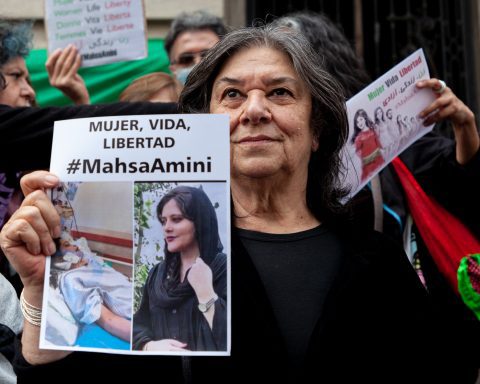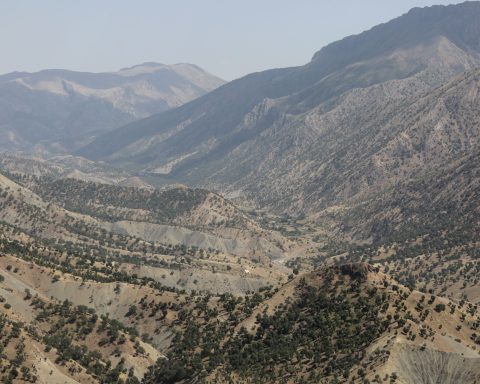The Gulf Cooperation Council (GCC) member states’ foreign ministers gathered in the Saudi capital Riyadh. The meeting came during the GCC Ministerial Council’s 148th meeting. The meeting was chaired by Bahrain’s Minister of Foreign Affairs Abdullatif Al Zayani, who holds the chairmanship of the current rotary session.
One of the main topics that the meeting touched upon was the ongoing nuclear negotiations that were held between Iran and world powers to revive the 2015 nuclear deal, with its official name: the Joint Comprehensive Plan of Action (JCPOA).
Regarding the issue, the communique issued following the meeting reiterated Arab Gulf states’ demand to be included in the negotiations. The statement also highlighted the readiness of the Gulf states “to cooperate and deal seriously and effectively with the Iranian nuclear file… on the basis of respect for sovereignty and good neighborliness.”
Gulf states advocate that any deal with Iran on the nuclear file should include stronger restrictions and longer duration. In the statement, they also emphasized that a deal should also be linked “with practical steps to build trust” to restrain Iranian nuclear activities, which could cause an arms race and further conflict in the region.
When former US President Donald Trump unilaterally withdrew his country from the nuclear deal and started to implement a “maximum pressure” policy on Tehran, the move was largely supported by the Gulf states who opposed JCPOA as it was.
Meanwhile, it was confirmed by both countries’ officials that Saudi Arabia and Iran, two arch-rivals of the region, held direct talks through Iraqi mediation in April, aiming to reduce tensions.
The meeting also handled issues regarding the implementation of the decisions which were taken at the Al-Ula Summit earlier this year. Saudi Arabia, the United Arab Emirates, Bahrain, and Egypt agreed with Qatar to end the over three-years-long dispute in January. The Al-Ula Declaration foresees attempts that would be taken to mend ties within the countries and emphasizes the need for active cooperation among the GCC states.
Besides, GCC Secretary-General Nayef Al Hajraf stated that the meeting discussed the latest regional and international developments. The foreign interference to Arab countries’ internal affairs was once again rejected, according to the statement issued after the meeting.














